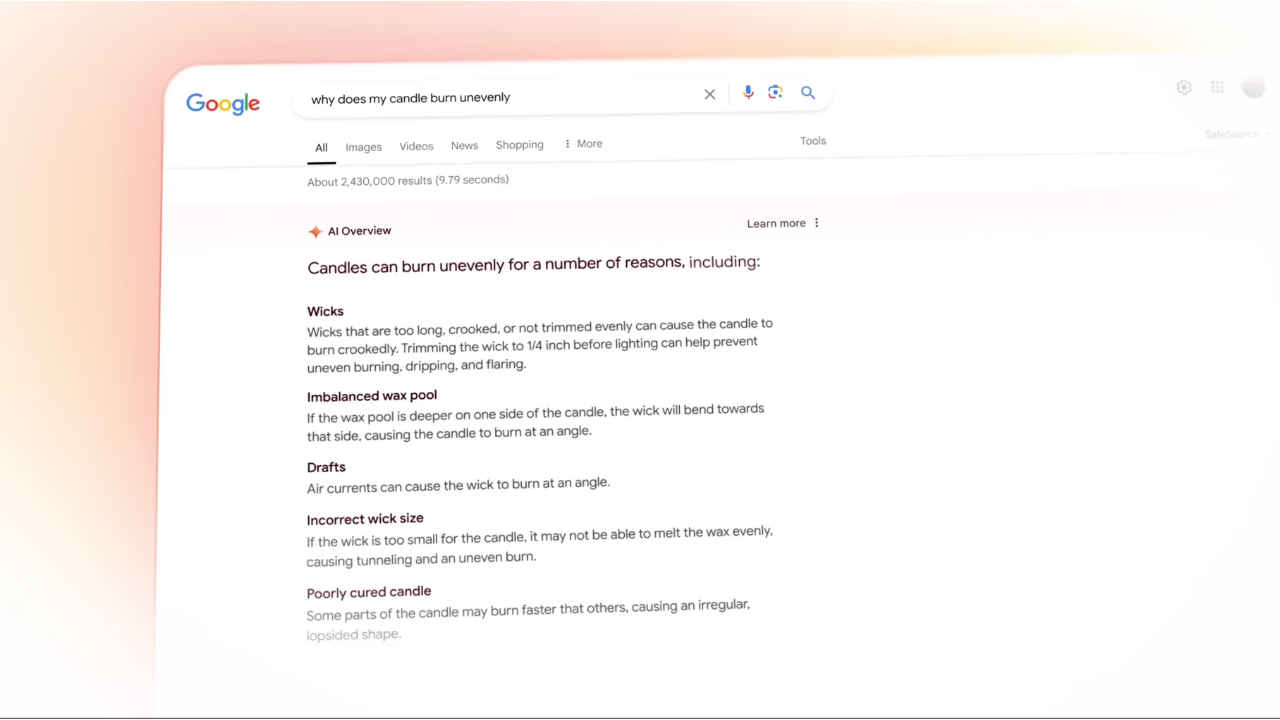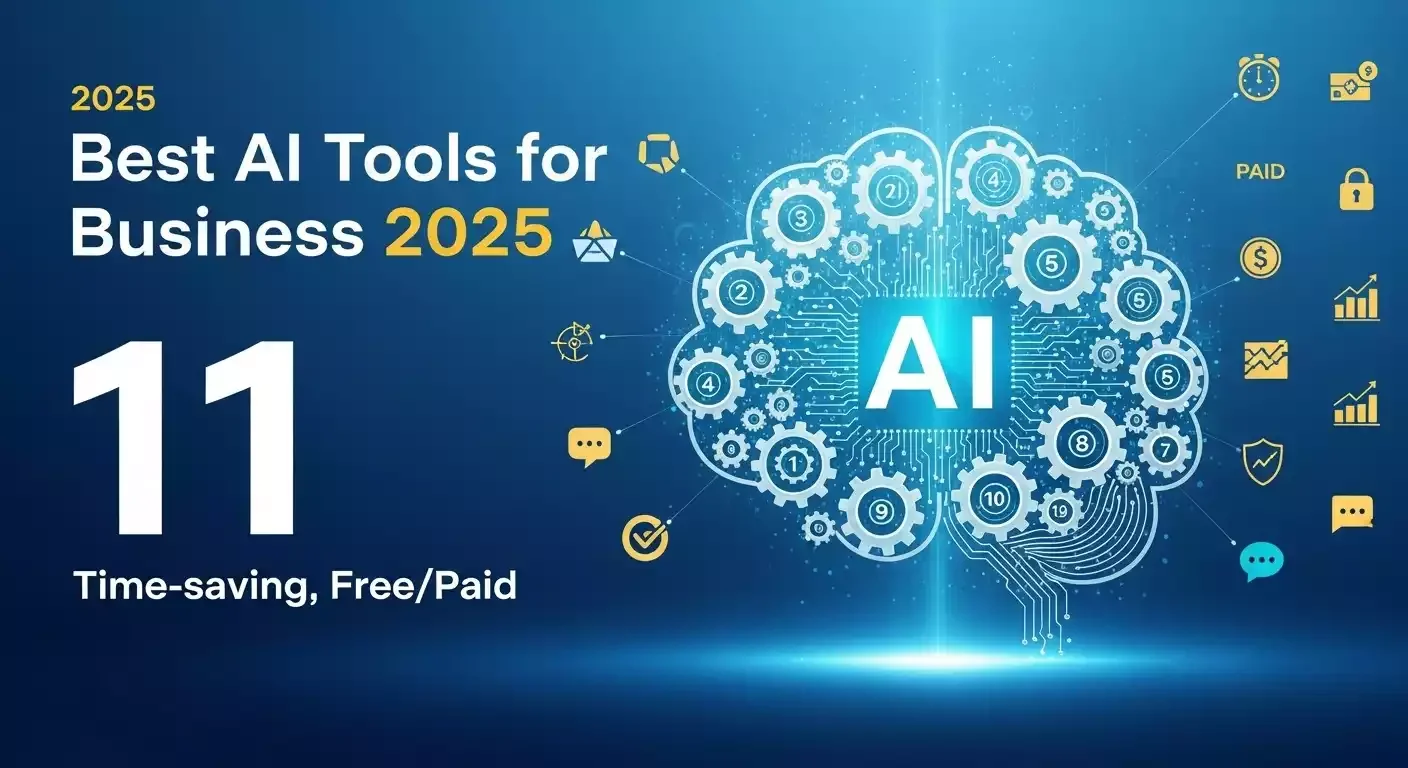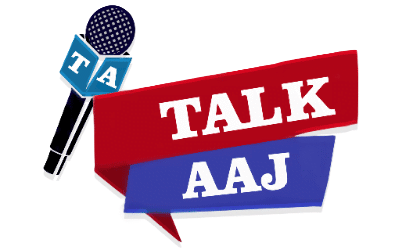Is Google Destroying Publishers? The Shocking Truth Behind AI Overviews and Its Impact on the Future of Media
In recent times, concerns have grown over how Google’s AI-driven search results are affecting the publishing industry. On10th September 2024, publishers and media organizations raised alarms about Google’s latest feature known as AI Overviews. This feature aims to provide quick, AI-generated summaries in response to user searches. While it seems helpful for users, it has sparked debates about its impact on content creators and publishers. Many believe that AI Overviews could harm the traditional business model of online publishing, threatening their survival in the digital space.
What Are AI Overviews?
Google introduced AI Overviews to make information more accessible to users. When you search for something on Google, instead of seeing links to websites at the top, you now often see an AI-generated summary that directly answers your query. This feature can quickly provide information by summarizing data from multiple sources, making the search process faster and easier.
However, this new approach has raised major concerns among publishers. Many fear that if users get answers directly from Google’s AI, they may not click on the links to visit publishers’ websites. This reduces website traffic, which could lead to fewer advertisements and, ultimately, less revenue.
Why Are Publishers Worried?
Publishers have relied on Google for years to drive traffic to their websites. The idea has always been that when people search for information on Google, they click on links to articles, blogs, or news sites. These visits are crucial for generating revenue through ads, subscriptions, and other means.
But with AI Overviews, users no longer need to click on those links because they already get the information they need from the AI summary. This has raised questions about whether Google is ‘killing’ publishers by taking away the traffic that once supported their business.
For smaller publishers, this is even more worrying. Many independent content creators and small news outlets depend heavily on organic search traffic to stay afloat. If that traffic dries up because of AI Overviews, it could mean the end of their business.
The Economic Impact on Publishers
Google’s dominance in the search engine market means that its changes directly impact the revenue of publishers. The AI Overviews feature is cutting into the ad revenue that media organizations earn through user visits. Most websites earn money through ad impressions and clicks. If fewer people are visiting the websites, fewer ads are seen or clicked on, leading to significant revenue losses.
In addition to ad revenue, many publishers rely on subscriptions. If users no longer visit the websites for detailed information, subscription models could also suffer. Fewer visits mean fewer potential subscribers.
This is especially alarming for news organizations that are already struggling to maintain profitability in the digital age. Print media has been in decline for years, and many organizations transitioned to online models in hopes of capturing ad revenue. However, with Google’s AI taking away potential traffic, this shift may not be enough to save them.
Is Google Compensating Publishers?
Google has responded to these concerns by stating that they are working to ensure publishers still get proper recognition for their work. The company has introduced programs like Google News Showcase, which aims to compensate publishers for the use of their content in certain markets. However, critics argue that this is not enough to offset the potential losses caused by AI Overviews.
There have been calls for Google to share more of its advertising revenue with the publishers whose content it uses for AI-generated summaries. Some believe that if Google is benefiting from publisher content, it should ensure that those creators are fairly compensated.
The idea is simple: if AI is using data and content from publishers to answer user queries, there should be a revenue-sharing model that benefits the content creators. So far, Google has made no commitments to this idea, leaving many publishers anxious about their future.
How Are Other Tech Giants Handling This?
Google is not the only tech company using AI-driven summaries. Companies like Microsoft and Apple have also started to integrate similar features in their search engines and voice assistants. However, the scale of Google’s search engine means that its impact on the publishing industry is far greater.
Microsoft, for example, is taking a slightly different approach. Its Bing search engine has partnered with publishers in some cases to share ad revenue or to direct users more clearly to the original sources of information. While this model is not perfect, it demonstrates an attempt to balance the needs of users with the sustainability of content creators.
Apple’s AI solutions also aim to direct users toward content rather than summarizing it entirely. These tech giants are carefully watching how Google’s AI Overviews impact the industry, and their next steps may follow based on the reaction from publishers and media organizations.
The Debate Over Copyright and Fair Use
One of the biggest concerns regarding AI Overviews is how they handle content copyright. Publishers argue that if Google’s AI is taking text from their websites to generate summaries, it could be a violation of copyright law. In many cases, these AI summaries are pulling information directly from articles, sometimes paraphrasing but still using the original work without clear permission.
Google has countered these claims by pointing to ‘fair use’ laws, which allow limited use of copyrighted material without requiring permission. The company claims that its AI simply summarizes publicly available information, which falls under fair use. However, publishers argue that if these summaries hurt their revenue, they should be compensated accordingly.
This issue is likely to become more heated as the use of AI in search engines grows. Lawmakers in various countries are already considering regulations to protect content creators from the overreach of tech giants like Google.
Can Publishers Adapt?
Despite the challenges, some publishers are finding ways to adapt. Many are focusing on producing content that goes beyond simple factual information, offering more in-depth analysis, opinion pieces, or unique insights that AI cannot easily replicate. These types of articles are less likely to be summarized by AI, which may help publishers maintain a loyal audience.
In addition, some publishers are experimenting with paywalls and subscription models. While these methods have had mixed success in the past, they may become more important as AI-driven summaries reduce the need for casual readers to click on articles.
SEO experts are also advising publishers to optimize their content for AI. By ensuring their content is structured in a way that benefits from AI-driven traffic, publishers may still be able to attract visitors. This includes focusing on long-tail keywords, creating valuable content that AI can’t easily summarize, and offering deeper insights that go beyond the quick answers provided by AI.
The Future of Publishing in an AI-Driven World
The rise of AI in search engines is a double-edged sword. On one hand, it offers users faster, more convenient access to information. On the other hand, it threatens the revenue models that publishers have relied on for years.
Publishers must adapt to survive, but they are also calling for more regulation and compensation from tech companies like Google. The debate over AI Overviews is likely to continue for some time, with both sides pushing for solutions that balance user convenience with fair compensation for content creators.
As AI continues to evolve, the publishing industry must find new ways to thrive. Whether through better SEO strategies, stronger paywalls, or more in-depth content, the future will require publishers to innovate if they are to survive in this changing landscape.
The introduction of Google’s AI Overviews has raised significant concerns among publishers worldwide. On10th September 2024, the debate intensified as many publishers questioned whether Google was killing their business by reducing web traffic. As AI becomes more integrated into search engines, the publishing industry faces an uncertain future. However, through adaptation, innovation, and possibly new regulations, there is hope that publishers can find a way to coexist with AI without losing their relevance and revenue.
NO: 1 Hindi News Website TalkAaj.com (Baat Aaj Ki)
(Read the Latest News of the Country and the World first on TalkAaj (Talk Today), follow us on Facebook, Twitter, Instagram and Youtube)













